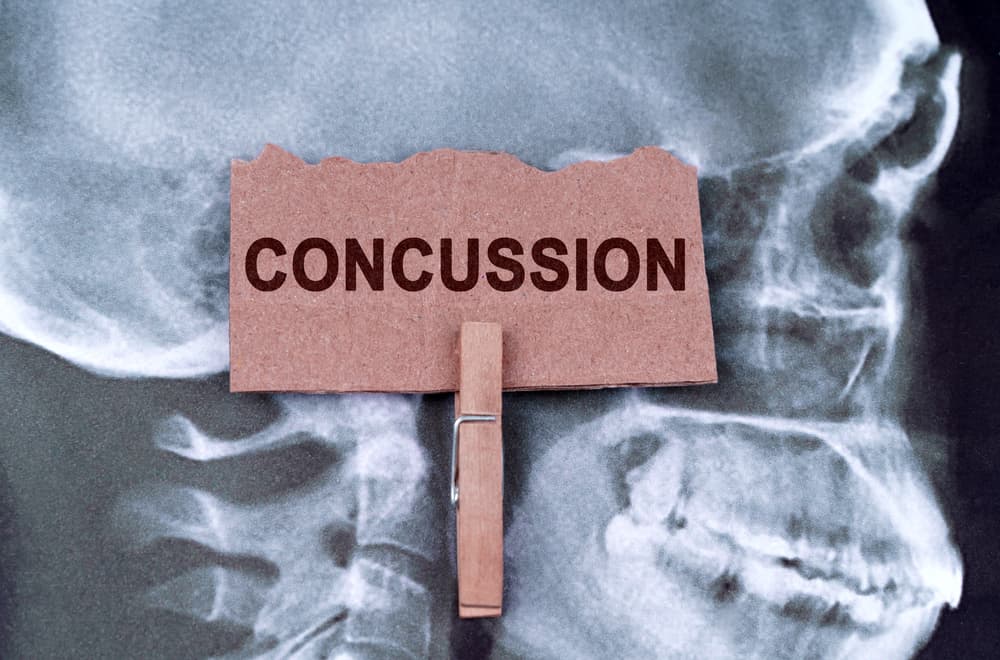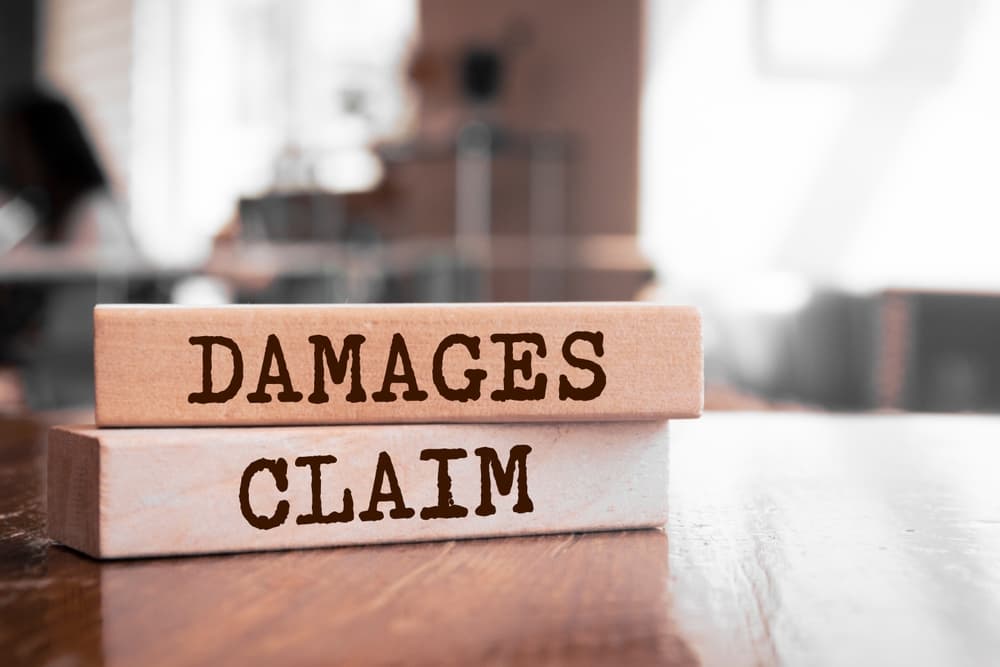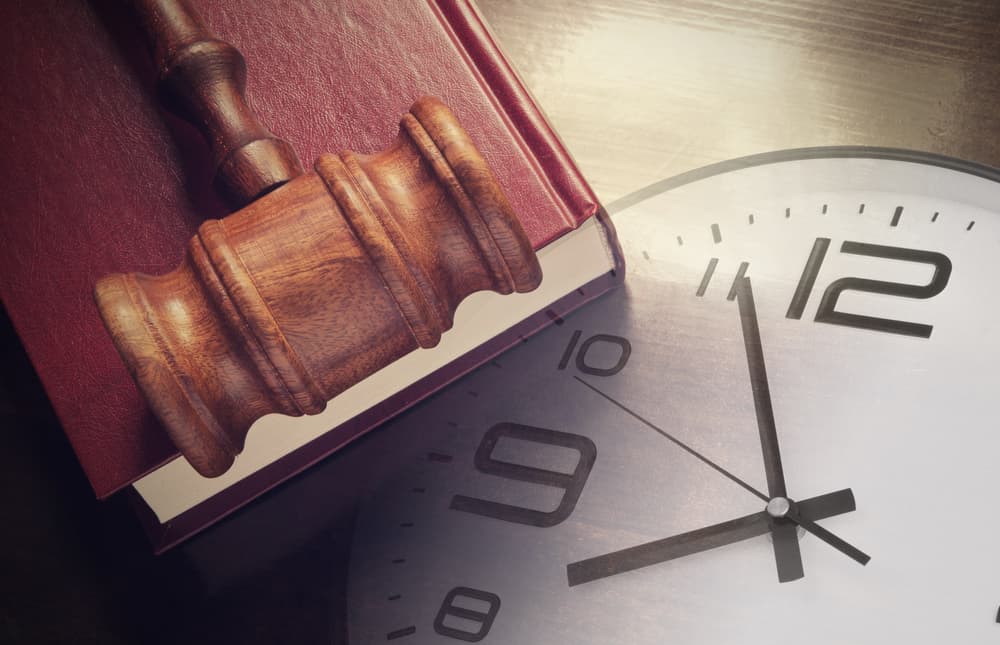Concussion injury claims seek compensation for mild traumatic brain injuries (mTBI) caused by someone else's negligence. This compensation can cover medical expenses, lost wages, and pain and suffering from symptoms like headaches, memory problems, and light sensitivity.
Even when your brain scans appear normal, your symptoms are real, and you could have a case for compensation. A personal injury attorney helps prove your concussion's impact through medical documentation and witness testimony. Whether your concussion happened in a car accident, slip and fall, workplace incident, or assault, you have rights to compensation when another party's negligence caused your brain injury.
Schedule Your Free Consultation
Key Takeaways
- Concussion claims remain valid even with normal CT or MRI scans since these tests often miss microscopic brain damage causing real symptoms
- Post-concussion syndrome can last months or years – you should document symptoms through symptom journals, neuropsychological testing, and consistent medical treatment
- Settlement values for concussion cases vary widely based on symptom duration, impact on work capacity, and quality of medical documentation
- Delayed concussion symptoms appearing days after accidents still qualify for compensation when properly documented by medical professionals
- California's two-year statute of limitations starts from the accident date, but government entity claims require filing within six months
How Concussion Claims Work After Accidents
Concussion injury claims begin with establishing that another party's negligence caused the incident leading to your brain injury. This negligence might involve a driver running a red light, a property owner failing to fix dangerous conditions, or an employer ignoring safety protocols. Your claim proceeds by connecting the negligent act to your concussion through medical evidence and accident documentation.
The claims process usually involves notifying insurance companies, gathering medical records, and demonstrating how the concussion affects your daily life. Concussions are considered “invisible injuries,” so victims may face skepticism about the harm they have suffered. Your attorney can counter this with documentation from neurological evaluations, cognitive testing results, and testimony from people witnessing your struggles.
Building Your Concussion Claim

Evidentiary support is the key to a successful concussion claim. Medical evaluations and documentation, including initial emergency room records noting confusion, headaches, or nausea, and later clinical findings. Follow-up appointments with neurologists or concussion specialists may strengthen your diagnosis through specialized testing.
Your symptom progression matters as much as the initial diagnosis. Some concussions resolve within weeks, while others develop into post-concussion syndrome lasting months or years. Regular medical appointments, tracking symptom changes, medication adjustments, and therapy progress create the paper trail supporting your claim's value.
Documentation extends beyond medical records to include witness observations of your changed behavior. Coworkers who notice concentration problems, family members who describe mood changes, and friends who observe social withdrawal provide external validation of invisible symptoms. These third-party perspectives may counter suggestions that you're exaggerating difficulties.
Proving Your Concussion Without Visible Brain Damage
Normal CT scans and MRIs don't invalidate concussion claims since these imaging tests miss microscopic damage causing symptoms. Concussions involve functional rather than structural brain changes, affecting how neurons communicate without creating visible lesions. Advanced imaging like DTI (diffusion tensor imaging) sometimes reveals subtle white matter changes, though most concussion diagnoses rely on clinical symptoms rather than imaging findings.
The brain's complexity means seemingly minor impacts disrupt delicate neural networks controlling memory, emotion, and executive function. Medical literature supports significant impairment despite normal standard imaging.
Neuropsychological testing provides objective evidence of cognitive changes when brain scans appear normal. These comprehensive assessments measure attention, processing speed, memory, and problem-solving abilities. Comparing results to population norms or pre-injury baselines demonstrates specific deficits. Poor performance on these standardized tests can validate your reported difficulties with work tasks or daily activities.
Post-Concussion Syndrome and Long-Term Compensation
Post-concussion syndrome occurs when symptoms persist beyond the typical three-month recovery period. Chronic headaches, persistent dizziness, ongoing memory problems, and emotional changes characterize this condition.
Medical documentation becomes crucial for post-concussion syndrome claims requiring long-term compensation. Regular appointments with neurologists, psychiatrists, and rehabilitation specialists demonstrate ongoing treatment needs. Medication trials, cognitive therapy, and vestibular rehabilitation also show active efforts to improve.
Calculating Future Damages for Persistent Symptoms

Long-term concussion effects require careful calculation of future damages beyond current medical bills. Your attorney works with various professionals to build comprehensive damage projections that reflect the actual cost of living with post-concussion syndrome. These calculations consider multiple factors affecting your financial and personal future:
- Vocational evaluations examining whether cognitive deficits prevent returning to previous employment
- Future medical costs, including ongoing therapy, medication management, chronic headache treatment, and psychiatric care for depression and anxiety stemming from brain injury
- Quality of life impacts beyond pure economics, including inability to enjoy previous hobbies, strain on family relationships, and loss of independence, can carry significant value
- Lost earning capacity projections when brain injury symptoms force early retirement, career downgrades, or reduced work hours, even after maximum medical improvement
- Life care planning that projects treatment costs over your expected lifetime, creating comprehensive damage calculations supporting appropriate settlements
These future damage categories may exceed current medical bills and lost wages in serious concussion cases. Your attorney identifies the future impacts of your mTBI, bringing strong evidence of your ongoing expenses and limitations to negotiations.
Delayed Concussion Symptoms After Your Accident
Concussion symptoms sometimes appear days after the initial impact, complicating injury claims. Adrenaline and shock can mask symptoms immediately following accidents, so you might feel fine leaving the accident scene, only to develop headaches, confusion, or balance problems later.
Medical literature supports delayed concussion symptom onset, particularly in cases involving whiplash or rotational forces. The brain's inflammatory response to injury develops over time, with chemical changes producing symptoms hours or days post-impact. Documentation connecting delayed symptoms to the original accident requires prompt medical attention once symptoms appear.
Creating clear timelines helps establish causation for delayed symptoms. Note when specific symptoms first appeared and their progression. Did headaches start two days post-accident, then worsen? Did concentration problems emerge when returning to work? Detailed symptom journals with dates and descriptions support medical testimony about typical concussion presentation patterns.
Evidence Requirements for Concussion Claims
Strong concussion claims require multiple evidence types working together to paint a complete picture. Medical evidence forms the foundation, but supporting documentation from various sources strengthens your case. Insurance companies scrutinize concussion claims carefully, making comprehensive evidence collection essential for fair compensation.
Key evidence categories for proving concussion injury claims include several critical components. Each type serves a specific purpose in demonstrating your injury's reality and impact:
- Medical records from emergency treatment through ongoing care, including all diagnostic tests, treatment notes, and medication prescriptions
- Symptom diaries tracking daily headaches, cognitive problems, sleep disturbances, and emotional changes with specific examples
- Witness statements from family, friends, and coworkers describing personality changes, work struggles, and activity limitations
- Employment records showing missed work, reduced hours, performance issues, or job loss related to concussion symptoms
- Photographs and video from the accident scene, vehicle damage, or dangerous conditions that caused your fall
Insurance companies may request independent medical examinations (IMEs) with their chosen doctors. Your TBI lawyer can help prepare you for IME appointments and may arrange offsetting evaluations with respected neurologists. Consistent symptom reporting across all medical providers strengthens credibility against unfavorable IME findings.
Insurance Coverage for Concussion Injuries
Multiple insurance sources potentially cover concussion injury claims, depending on how your injury occurred.
Car Accident mTBI
Auto insurance applies to vehicle-related concussions, including your own medical payments (MedPay) or personal injury protection (PIP) coverage, providing immediate benefits regardless of fault. These coverages help with initial treatment while liability claims proceed against at-fault drivers.
Uninsured/underinsured motorist (UM/UIM) coverage becomes vital when at-fault drivers lack adequate insurance for serious concussion claims. Your own UM/UIM policy supplements or replaces the other driver's insufficient coverage. Many people don't realize their UM/UIM coverage applies to passengers in their vehicle or family members injured in other vehicles.
Concussion on the Job
Workers' compensation covers concussions occurring during employment, though benefits typically exclude pain and suffering damages. However, third-party claims against equipment manufacturers or other contractors might provide additional compensation. Construction workers suffering concussions from falling objects might have claims beyond workers' comp against general contractors or property owners.
Premises Liability Head Injuries
Homeowner's insurance covers concussions from slip-and-fall accidents on residential properties. Commercial general liability policies cover business properties where customers suffer concussions. These premises liability claims require proving the property owner knew or should have known about dangerous conditions causing your fall. Prior complaints, inspection reports, or obvious hazards support negligence arguments.
Using Your Health Insurance for an Accident Injury
Additionally, your health insurance may provide crucial treatment coverage, but it creates reimbursement obligations from any settlement. Insurance coordination requires careful structuring to protect your recovery while satisfying reimbursement rights. Attorneys negotiate reductions in health insurance liens, possibly preserving more settlement funds for your recovery.
Timeline for Filing Concussion Injury Claims

California's statute of limitations provides two years from the accident date to file personal injury lawsuits for concussion claims for most accidents. However, there are some exceptions if the injury was not discovered till later or for minor victims. Missing the filing deadline typically eliminates your right to compensation, making prompt legal consultation essential even while managing symptoms.
Government entity claims require much faster action, with only six months to file administrative claims. Concussions from dangerous public property, government vehicle accidents, or public employee negligence fall under these shortened deadlines. School districts, cities, counties, and state agencies all qualify as government entities requiring expedited claim filing.
Insurance claim deadlines differ from lawsuit filing requirements. Most policies require "prompt" notification of accidents and injuries. Delayed reporting might jeopardize coverage. Report accidents immediately, even if concussion symptoms haven't yet appeared, preserving your rights to later supplement claims with brain injury information.
Working with a Concussion Injury Attorney
Concussion injury attorneys understand the unique challenges brain injury victims face in pursuing compensation. Memory problems and cognitive difficulties make handling your own claim difficult. Lawyers can manage this process, from gathering medical records to negotiating with insurance companies, allowing you to focus on healing.
Your attorney can translate complex medical information into compelling narratives that insurance adjusters and juries understand. Explaining how microscopic brain changes cause life-altering symptoms requires skill and experience. If needed, experienced attorneys work with neurologists, neuropsychologists, and rehabilitation specialists who provide testimony supporting your symptom validity and future needs.
Settlement negotiations benefit from legal counsel who understands concussion claim values based on symptom severity, duration, and life impact. Attorneys identify damages, including future medical costs and reduced earning capacity, that are sometimes overlooked by victims focused on current bills.
FAQ for Concussion Injury Claims
What if My Concussion Happened without Losing Consciousness?
Many concussions occur without loss of consciousness, and these injuries remain equally valid for compensation claims. Medical science recognizes that brief disorientation, "seeing stars," or feeling dazed indicates concussion even when you stayed conscious. Your symptoms' severity and duration matter more than whether you blacked out. Document all symptoms regardless of consciousness loss.
How Much Are Typical Settlements for Concussion Cases?
There is no “typical” settlement in mTBI cases. Concussion settlements vary dramatically based on symptom duration, severity, and life impact rather than following standard amounts. Your specific medical documentation, lost wages, and future care needs determine appropriate compensation rather than average settlement figures.
What Evidence Do I Need if My Brain Scans Were Normal?
Normal CT and MRI results don't prevent successful concussion claims since these tests miss functional brain injuries. Focus on documenting symptoms through detailed diaries, consistent medical treatment, and neuropsychological testing, revealing cognitive deficits. Witness statements about personality changes, work performance issues, and activity limitations provide external validation. Balance testing, vision assessments, and specialized concussion evaluations can also offer objective findings beyond basic brain imaging.
Can I Claim Compensation if Symptoms Appeared Days after My Accident?
Delayed concussion symptoms appearing days post-accident remain compensable when properly documented through medical care. Seek medical attention immediately upon symptom onset, explaining the connection to your recent accident. Medical literature supports delayed presentation as brain inflammation develops over time. Create timeline documentation showing symptom emergence and progression. Your doctor's opinion linking delayed symptoms to the original impact can be crucial to your claim as well.
Should I Accept the Insurance Company’s First Settlement Offer?
First settlement offers for concussion claims may not reflect the full extent of the harm caused by the injury. Post-concussion syndrome can develop months after initial improvement, possibly leaving you with inadequate compensation if you settled early. Consult an attorney before accepting any offer to understand your claim's true value. Once you sign a settlement, you cannot seek additional compensation even if symptoms worsen or new problems develop.
Moving Forward with Your Concussion Claim
Your concussion symptoms deserve recognition and compensation regardless of what brain scans show or when symptoms appeared. The path forward starts with proper medical care and documentation while protecting your legal rights. Every headache, every foggy day, and every missed family event because of light sensitivity matters in building your claim.
Banderas Law fights for concussion victims throughout Ontario and the Inland Empire, from accidents on the I-10 corridor to falls at local businesses. We understand how brain injuries disrupt every aspect of life while remaining invisible to others who question your suffering. Call (909) 707-0000 today for your free consultation and let us handle your case while you focus on yourself.